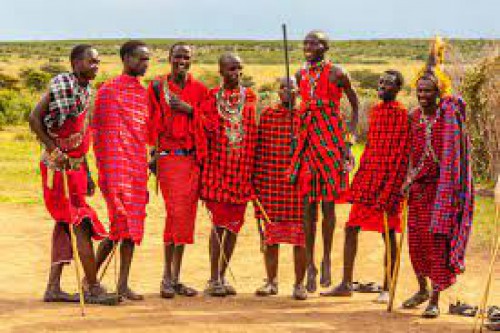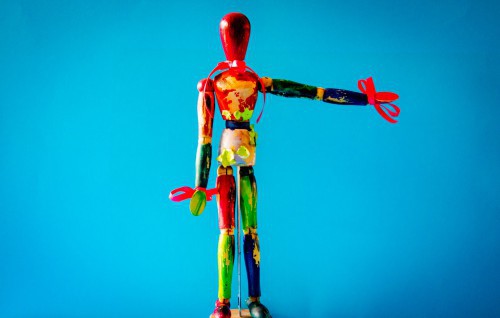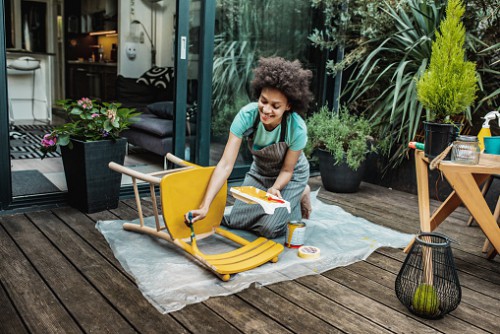The Maasai Culture and Tradition
Views:976 |
By:
Wanjiru |
Act:
Visit Business

The Maasai are a Nilotic ethnic community ( meaning people speaking maa) and is one of the most culturally distinctive tribes in Africa leave alone Kenya. They are easily recognizable for their brilliant red blankets or commonly known as Maasai sheets, and colorful bead jewelry. These semi-nomadic people are warrior pastoralists, famous for herding and sometimes cattle rustling and fighting skills.
What are some of their cultural beliefs and tradition?
The Maasai community is known for some specific activities such as 'high jumping dance', custom dress, and being courageous warriors. Notable Maasai include Oloibon Lenana, Stanley Shapashina Oloitiptip, Ole Ntimama, athlete David Rudisha, and human rights activist Nice Nailantei Lengete.
Traditionally the Maasai believed in God (referred to as Enkai), and that He created the earth with three groups of people:
# The Torrobo
Were hunters and depended on honey and wild animals.
# The Kikuyus
They were farmers and depended on agriculture. They believe that they come to earth through Gikuyu and his wife Mumbi.
# The Maasai
Depended on cattle for food, clothing, and shelter. It is said that the Maasai originated on earth by sliding down from a rope linked to heaven.
They live in Emanyatta homesteads also built for particular cultural ceremonies such as eunoto. These houses are made of mud, sticks, and grass, and plastered with cow dung. Traditionally, Maasai houses are built by women because it is believed that women are the owners of the houses and the entire family.
Upon circumcision, boys graduated into young warriors popularly known as Morans Ilmurran. The ceremony is held every 10-15 years up to today which marks a new age set. During this stage, they are taught how to protect the cattle and community with long spears and buffalo skin shields, which were decorated in red, white, and black dye. As a sign of bravery, a Maasai warrior is likely to have killed a lion. After which he is supposed to wear a headdress made of a lion's mane symbolizing his bravery.
What do you know about the Maasai community?

 To the puppet, the puppeteer is the puppet.
To the puppet, the puppeteer is the puppet.  Beauty and Abilities Dilemma
Beauty and Abilities Dilemma  A Minute Into The Future
A Minute Into The Future  What Is Racism?
What Is Racism?  ART & CULTURE
ART & CULTURE